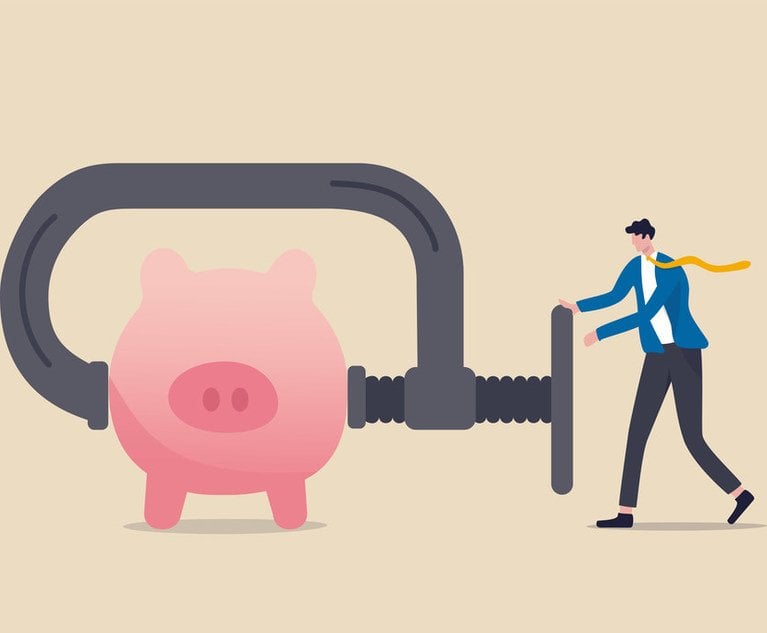 "For decades, the insurance industry, particularly P&C, have taken for granted that their products are required," Josh Levine, Cake & Arrow founder and CEO, said in a release. "But as auto and home premiums double or triple, and insurers pull out of riskier markets, the cost of insurance may be reaching a tipping point, making it truly unaffordable for some and not worth the expense for others." Credit: eamesBot/Shutterstock.com
"For decades, the insurance industry, particularly P&C, have taken for granted that their products are required," Josh Levine, Cake & Arrow founder and CEO, said in a release. "But as auto and home premiums double or triple, and insurers pull out of riskier markets, the cost of insurance may be reaching a tipping point, making it truly unaffordable for some and not worth the expense for others." Credit: eamesBot/Shutterstock.com
When asked if insurance helped reduce financial worries, the answer from a cross-section of working-aged Americans was "kind of," with many reporting insurance only offers limited relief from financial anxiety, according to consumer experience and research firm Cake & Arrow.
Recommended For You
Want to continue reading?
Become a Free PropertyCasualty360 Digital Reader
Your access to unlimited PropertyCasualty360 content isn’t changing.
Once you are an ALM digital member, you’ll receive:
- Breaking insurance news and analysis, on-site and via our newsletters and custom alerts
- Weekly Insurance Speak podcast featuring exclusive interviews with industry leaders
- Educational webcasts, white papers, and ebooks from industry thought leaders
- Critical converage of the employee benefits and financial advisory markets on our other ALM sites, BenefitsPRO and ThinkAdvisor
Already have an account? Sign In Now
© Touchpoint Markets, All Rights Reserved. Request academic re-use from www.copyright.com. All other uses, submit a request to [email protected]. For more inforrmation visit Asset & Logo Licensing.







